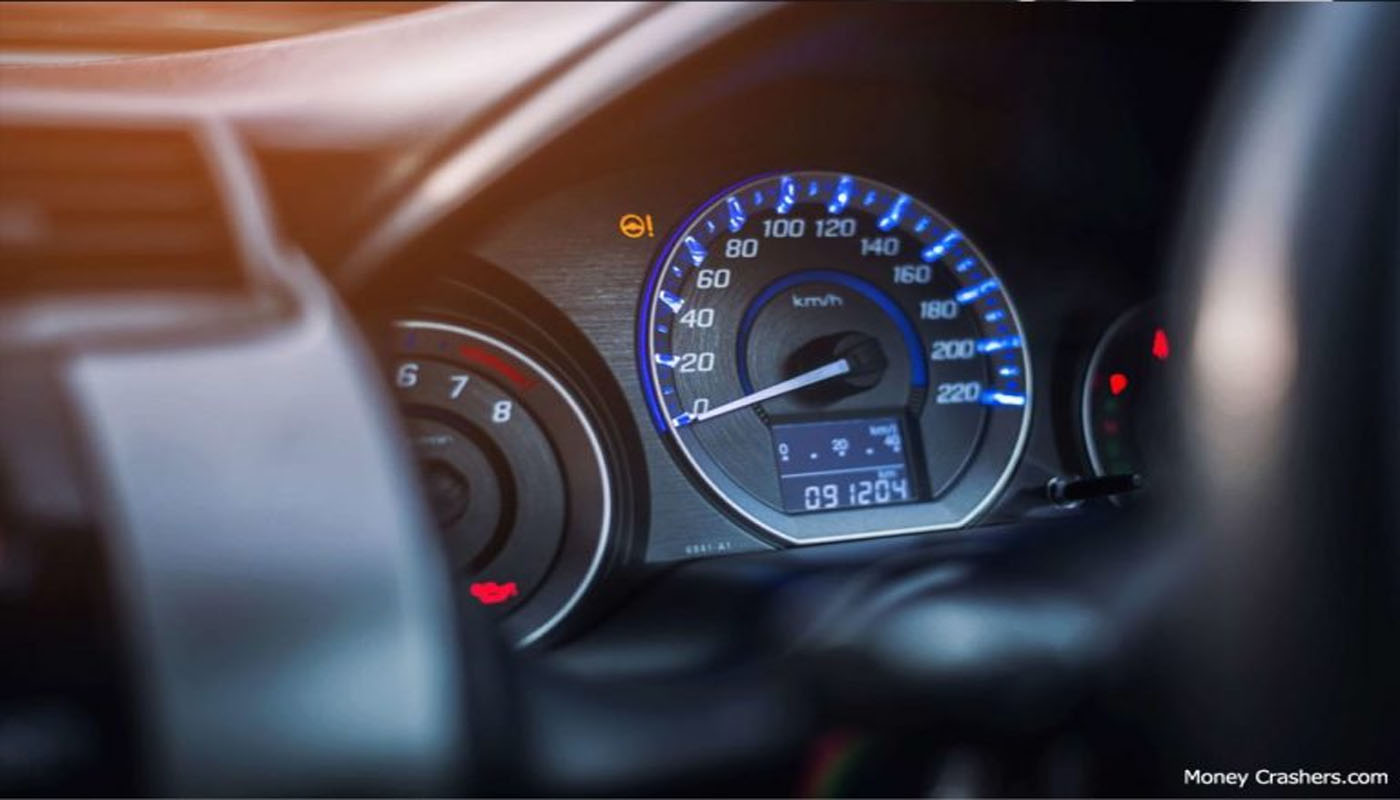1. Use only branded engine oil:
One must always use a trusted brand engine oil. If you use any oil and if the oil is heavier than what your car engine can operate on, not only will it ruin your engine but with time it will decrease your fuel efficiency by at least 1-2%. Using recommended grade engine oil from trusted brands and changing engine oil promptly results in increased engine life plus it betters the fuel efficiency of vehicles and maintains your vehicle until you get an oil change the next time.
2. Change tires:
Ruined and badly worn tires are one of the major killers of a car’s mileage per gallon. As tires grow old, their capacity to hold air pressure decreases, and decreased air pressure results in the consumption of more engine power to draw the same amount of weight which newer tires can do by maintaining high tire pressure with less energy required. So tires should be kept in good condition as far as possible. They contribute to increased car mileage per gallon terms. New tires can save your fuel up to 3%.
3. Alignment checks:
Vehicles wheels that stay out of alignment for quite some time consume more fuel on the road, so to avoid this situation you need to get your vehicle checked for wheel alignment at least once in a year.
4. Tune-up:
With time, more and more technologies come up that better the mileage per gallon of vehicles and are available at cheap prices. So if you bought your vehicle some years back, we would recommend a tune-up for your vehicle. Regular maintenance will also do the job. Regular tune-ups and maintenance with all vehicles are necessary. These are also explained in vehicle manuals and if this isn’t the case then your local service center might inform you the best. Keeping your vehicle in constant maintenance and having a timely tune-up allows you to save up to 4% of fuel.
5. Oxygen sensor replacement:
Oxygen sensors play a very important role in your vehicle to keep it running smoothly. However, they are soon outdated with time and require constant replacement. One should replace oxygen sensors at least every 30,000 miles for more MPG.
6. Gas cap:
Often when you notice your vehicles falling MPG performance graph, you may plan very big updates for vehicles which could cost you thousands of dollars but the problem may well be as small as a broken fuel tank cap seal which results in fuel evaporation. As gasoline vaporizes at a low temperature of 35 degrees Celsius, it’s important to keep the fuel cap in a healthy state.
7. Clean car engine compartment plus inside:
Many of us ignore it but there are often lots of unused items and trash left in some cars which only adds up to extra weight, requiring more fuel for pulling that weight. Cleaning your car out at regular intervals from inside as well as refilling it with timely engine coolant is also a good way to get more MPG.



